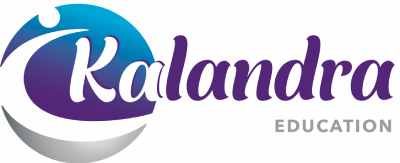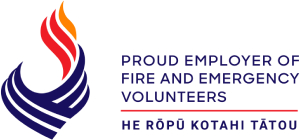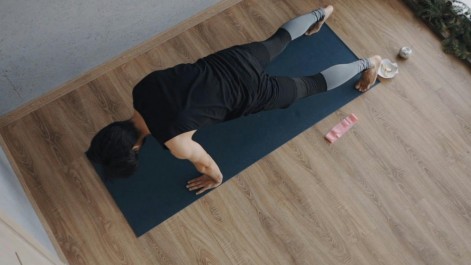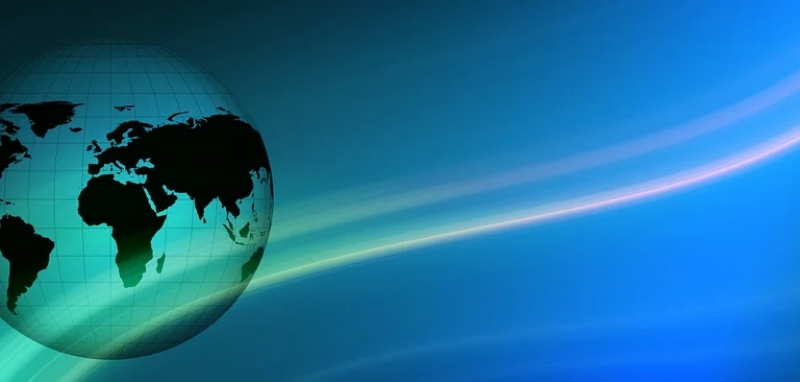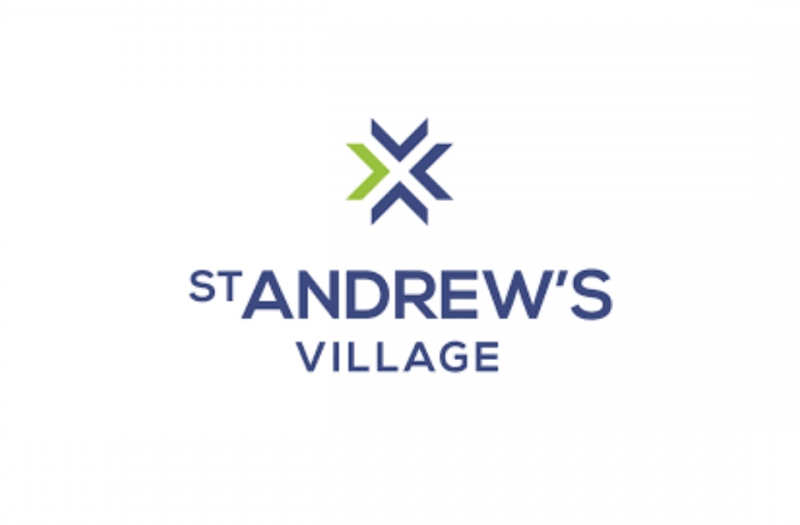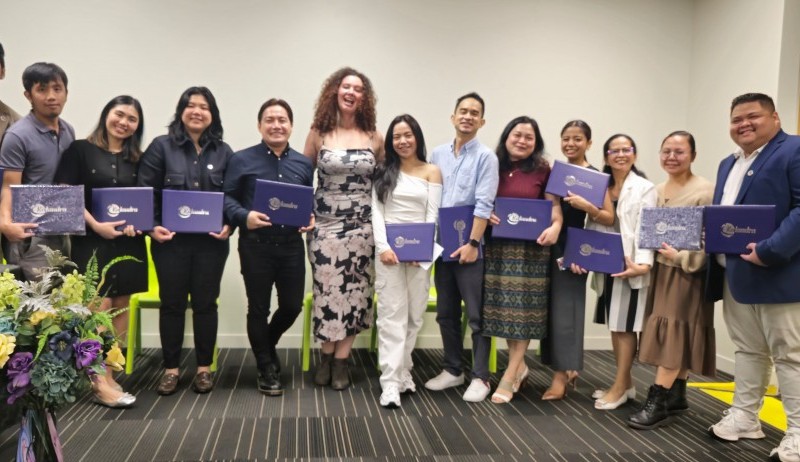Barriers to communication
Dr Christine Clark
My dad was always known as the life and soul of the party. If there was any noise my dad was at the centre of it. He would joke with adults and have us kids screaming with laughter as he chased us around. He was big and noisy and full of life. He was the first to speak up and defend others and always stood his ground knowing how to fight well with words.
Times changed and dad developed cancer of the throat. Shocking really when he was known for his loud vocal abilities and his belly laugh that rocked the room. It was interesting that at the time there were several other ex-navy men from the Korean war times who had similar cancer and the doctors attributed it to putting their half-finished cigarettes in the piping above their beds laid to rest there for tomorrow. This piping was lined with asbestos.
Anyway, dad was fortunate and his surgeon managed to retain one vocal cord and through total stubbornness he spoke again and as years progressed his volume increased which was never expected. They didn’t know how strong these old guys were and this meant that he could join and chair several RSA groups, play his bowls and was never ignored.
Many years later misfortune struck again and through a simple fall dad required a tracheostomy. Now things changed. Dad was already quite deaf, he had difficulty seeing and his handwriting had deteriorated but up until this accident he had his voice. Now he didn’t. How do you communicate with someone who has so many barriers? Remember dad used to be the boss, the life and soul of the party, was a stubborn and dignified man. Now he watched from the sides, he didn’t join in and he was miserable.
We all read about barriers to communication but until you live this you have no idea. The smile is such an invaluable tool, the touch, the nod. Speaking clearly and slowly – remembering that yelling makes no difference did help. But that was us communicating with him. How did he get his message across to us? We tried picture cards, but they were very slow, then we tried child-based technology however he couldn’t understand nor remember how to work it. We obviously asked him to speak, knowing he had no voice and tried lip reading and I wasn’t too bad at that, but it was a serious struggle and he got so impatient.
This proud, strong man just started to wither away. He couldn’t hear what we had to say and he couldn’t tell us what he wanted to portray. He sat there smiling or grimacing or just staring and we didn’t know how to respond. Yes, the hug, the smile, the pat all told him we loved him, but we couldn’t tell him about our world, our day, our struggles. We couldn’t share the good stuff nor ask for advice about the bad bits. Our dad was in a communication less bubble.
I often wonder if we had been able to overcome that communication void if dad would have lived longer. I am sure that he would have. I often research to see if there are any devices out there that would hep someone else in the same position. I haven’t found anything yet. The only thing that comforts me is that through gesture we could at least let him know we cared for and loved him. We also know that the staff who looked after him did exactly the same thing, gave him that hug and pat and continued to speak with him even though they knew there would be little response.
Kalandra grew from these struggles, so that other people would not have to go through these sorts of things unaided. Kalandra teaches that the hug is vital and even the busiest of carers must find time to communicate caring. Dad died unable to share with us, dad died due to communication barriers, but at least he knew we cared. Please never forget the importance of the smile, and the touch, two of the most vital and simplest forms of communication we have.
This was written during a Covid lockdown, when the smile is masked away, and the touch not easily permitted. The carers learnt to smile with their eyes, nod the head, gesture directly to the person, and speak gently, conveying caring. For many, these carers are the only people they have right now and how they communicate in this very different world is as vital as it was to dad in his world.
Back to Blog
